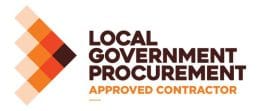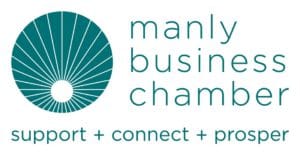You’ve been in your job for a couple of years and you’re thriving. You’re smashing all your targets, and ticking all the boxes in your performance appraisals, but your success is not reflected in your pay package. Rather than threatening to down tools unless you receive more $$$ on the spot, hang in there and plan ahead. Here is our step-to-step guide to asking for and getting the pay rise you deserve.
BUILD A h2 CASE
First, check out your job description. Are you meeting and exceeding all the requirements of your role? Have you taken on additional responsibilities that are not mentioned in your job description? Have you made suggestions that have been implemented in the workplace? If yes to any of these questions, then start to build your case. Make a list of your achievements and, if possible, quantify them. Highlight how many benchtops your team have made; specify the total client billings you have generated over the last six months.
Next, look outside your workplace at the wider employment market. Look at job ads for similar roles in the area; study online salary surveys and trends. Find out whether you could potentially earn more elsewhere and note important data. This research will not only help you to justify your request for an increase, it will also help your boss escalate that request to senior management.
BOOK A MEETING WITH YOUR BOSS
Rather than catching your boss on the hop, book a meeting with her and specify that you are wanting to discuss your performance and pay. Timing is crucial here. Fix a day when your boss is not submerged with work; you want her to be open to discussion. Equally, ensure that the current business climate in your workplace is conducive to talk of a pay rise. If the CFO has just quit, or a merger is looming on the horizon, you’d be best to hold off!
BE PREPARED TO SELL YOURSELF
If you don’t ask, you won’t get it! Asking for a pay rise can be a confronting and challenging experience, which is why some employees never get around to it. But you’ve done your homework and you know you’re worth it. So, go into that meeting with courage and confidence. Be upfront about what you bring to your role and the company and support your argument with the research you have carried out. Have a clear idea of the pay package you are after but go in higher so there is room for negotiation. Once you’ve stated your case, ensure you listen to what your boss has to say and respond appropriately. This should not be a battle, but a reasoned discussion between two professionals with a positive outcome for both sides: you receive your pay rise and your boss gets to keep a valued employee on her team.
CONSIDER YOUR OPTIONS
All being well, you’ll get the pay rise you are asking for, but what if the response is ‘no’? Don’t lose your cool! First, ask your boss what you can do to achieve that increase in six months’ time. Perhaps there is an aspect of your role where she feels further development is required or perhaps she is privy to company information about future expense cuts and frozen pay. In both instances, consider whether you are best off staying in the role and working your way towards a new pay review or looking around for a new position in another company.
Good luck! We hope you get the pay rise you deserve.















